Director: Bey Logan
Writer: Bey Logan
Cast: Kevin Brewerton, Lang-Xing Ye, Lo Meng, Bianca Stam, James Nan, Yang Yifan, Ray Li
Running Time: 90 min.
By Paul Bramhall
It’s fair to say that any self-respecting review of The Dark Soul should get the elephant in the room out of the way at the start. The production marks the directorial debut of Hong Kong film expert Bey Logan (and no, it’s not autobiographical), who in more recent times has become known as the Hong Kong based associate of Harvey Weinstein. At the end of 2017, in the midst of the #metoo movement, the magazine HK01 carried a feature in which seven local actresses detailed Logan’s own unwanted sexual advances towards them. The only actress who allowed herself to be named, Sable Yu, had been cast as the star of Logan’s first crack at directing, Snowblade. In the article she explained that the harassment she suffered onset led to her departing the production, explaining the oft asked question of when it was ever going to see the light of day. With filming never completed, at least the answer is now a clear one.
A little under a year of radio silence later, and Logan re-emerged, revealing that he was once more stepping into the director’s chair. Gone were the Hong Kong locales and well-known names we were used to seeing in his frequently posted social media photos, and in their place was the Mainland setting of Shenzhen, along with a cast of mostly first time actors and his sons. The tale of an American in an Asian city looking for an Asian, with the help of an Asian (I’m paraphrasing here, but this is very close to an actual spoken line), The Dark Soul is an oddity of a movie, if even that.
Kevin Brewerton, an obscure actor who’s previously had small parts in the likes of the 2001 Loren Avedon vehicle Silent Force, and Art Camacho’s 13 Dead Men from 2003, is here propelled to the lead of a feature length production for the first time in his filmography. He’s been suffering from visions of being murdered, and finds himself being able to write Chinese and perform kung fu, even though he’s never had any experience of either. So he heads off to China with a hand drawn picture of the Chinese man he believes he’s seeing things from the perspective of, with his only aim to find out who this man is. Bizarrely, the drawing is referred to as a photo throughout, offering up the first of The Dark Soul’s many puzzling moments.
Once there, a policeman he randomly approaches puts him in contact with a guy who may be able to help. Played by Lang-Xing Ye, the pair form what can best be described as a subtly homoerotic partnership, in which Brewerton pays Ye for his services, and together they walk around, hang out in Ye’s apartment, and generally become inseparable. That is, for better or worse, just about all that happens in The Dark Soul. I’m not sure if it was intentionally written into the script for them to come across like they’re flirting, but onscreen, it’s all rather weird. Ye offers a hospital receptionist his phone number, and when she agrees to take it, he tells her “maybe later”. Then in the closing scene of the movie, Brewerton receives a kiss from a female character, which he looks repulsed by, before he runs back to Ye and they talk about spending time in New York together. Perhaps Logan is angling himself to be the next Chang Cheh.
Frankly, A Dark Soul is a horrendous watch, and the only possible reason I can think as to why it was completed at all, is because it looks like it cost hardly anything to make. There’s been no color grading done to the image, which gives the visuals a similar look to if they’ve been filmed on an iPhone. The camerawork is inconsistent throughout, constantly wobbling and shaking, in a way which indicates the cameraman was probably going cold turkey from an illicit substance. For somebody who’s had 25 years of experience in the movie industry, there’s not a single element of the mercifully short (although it certainly doesn’t feel that way) 90 minute runtime which indicates anything’s been learnt about the filmmaking process.
As leading man material, Brewerton is a strange choice. This is the first time I’ve seen him in anything, and his demeanour has something of what I can best refer to as a Mr. Bean like aura. There’s a look of constant befuddlement in his expressions which isn’t intentional, and despite being a five time world kickboxing champion, he does very little of either. These days his main passion is neither kickboxing nor acting, but painting, so quite how he managed to get roped into this strange endeavour is beyond me. I’d hedge my bets that he likely wasn’t the first choice for the role, because at one point a character references him as “the white guy”, despite him being, well, not white.
Amidst all of the walking from one place to the next, Brewerton and Ye get up to all kinds of nonsense. At one point Brewerton suddenly runs away, and moments later Ye catches up to find him with a tub of red paint, writing Chinese characters (or “symbols” as they’re referred to in the script) on flattened cardboard boxes stuck to a wall. How he wrote the Chinese characters is supposed to be the mystery, but I found myself more intrigued on why a tub of red paint (complete with a brush!) had apparently just been laying there in the street, and Brewerton knew its exact location to be able to run to it. In another scene there’s clearly a fountain just out of shot, because the sound of water temporarily drowns out their voices, so you can’t actually hear what’s being said.
In fact the sound overall is an assault on the ears. The ADR is a mess, with voice tones changing within the same scene, and the music is overbearingly loud, driving any spoken dialogue so far into the background it sometimes becomes inaudible. Then, just when you think proceedings can’t get any more mundane, at the 70 minute mark, Lo Meng of Five Deadly Venoms fame turns up. Before you question why someone of Meng’s calibre would show up in a production like this, it’s worth bearing in mind that he also turned up in the Logan produced girls in bikinis volleyball flick, Beach Spike, from 2011. For all of the 5 minutes (possibly less) he’s onscreen, he pours some tea (via some kung fu shapes work), indulges in bit of old-school tea drinking kung-foolery, and yells “Good luck guys!” in another ADR ear assault. Just be thankful we’ll always have his classics with the rest of the Venoms crew to enjoy.
Somewhere amidst the constant shots of the McDonalds that Brewerton can see from his hotel window, the plot throws us a villain in the form of hospital benefactor/organ trafficker Bianca Stam, who had a small role in Chasing the Dragon. Stam is the best part of The Dark Soul, although that’s admittedly only because she’s clearly a native English speaker, so can actually put some energy and zest into her line delivery. Brewerton is as well of course, but he mistakes his catatonic line delivery for conveying a cool exterior. It should be noted that all but a handful of lines are spoken in English, even though the script clearly hasn’t been written with a thought that it’ll be being performed by non-native English speakers, which makes for some awkward line delivery. Logan is also responsible for the script, and there’s an over reliance on smart ass banter and tough guy one-liners for it to be taken seriously.
Connie Chan in particular, the only other female character of note, gets laden with some horrendous clunkers. Playing the former lover of the man Brewerton keeps having visions from the perspective of, her expression remains poker faced, no matter what kind of emotions the scene she’s in calls for. If there’s one highlight of The Dark Soul worth mentioning, it’s that it contains the most laugh out loud CGI explosion effect I’ve ever seen committed to film, matched only by the reactions of Brewerton and Le, who are apparently supposed to be caught in it. The fact that it’s actually in the finished product, is as stronger a sign as any of just how low a standard everyone involved was holding themselves too. If you can find a better CGI explosion in a Nollywood movie, then you know you’re in trouble.
Despite how abysmal The Dark Soul overwhelmingly is, the realm of low budget Chinese TV movies looks to be where Logan will remain for the time being, having also produced the Ross W. Clarkson helmed Vixen (not to mention Five Element Killer and Lady Detective Shadow) in the same year. These productions may be a long way from the days of acting alongside the likes of Donnie Yen and Jackie Chan, and in all likelihood many of them won’t travel too further afield from whatever Chinese TV channel it is they get shown on. If The Dark Soul is indicative of the quality of the rest of them, then that’s certainly not a bad thing.
Paul Bramhall’s Rating: 1/10

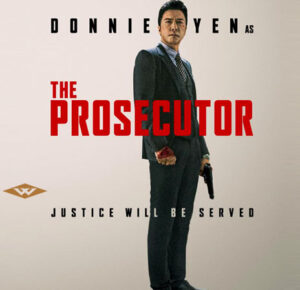
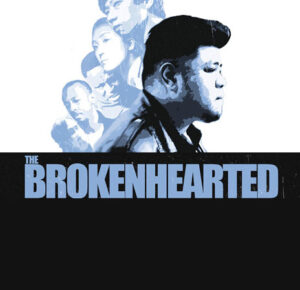

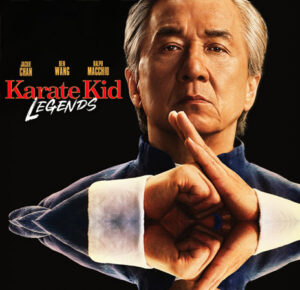
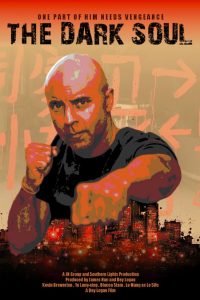

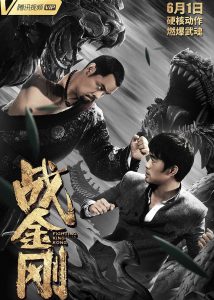
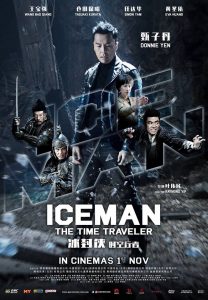
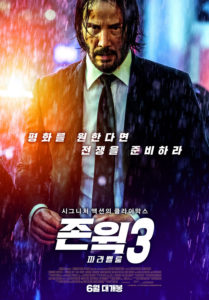
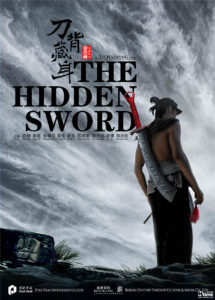

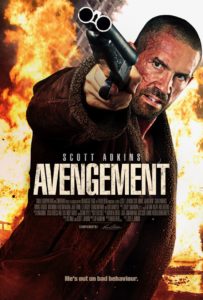
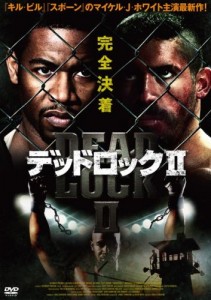
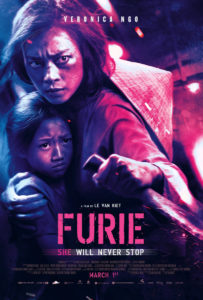
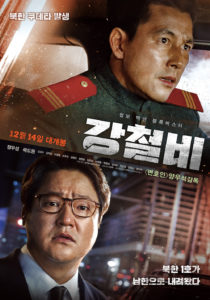
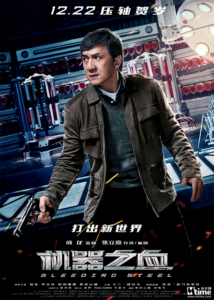
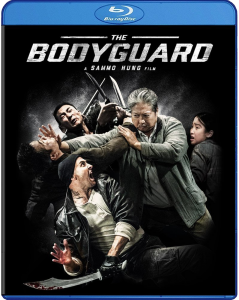
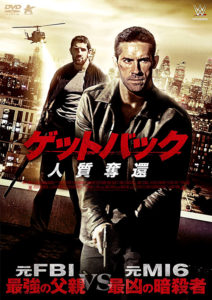
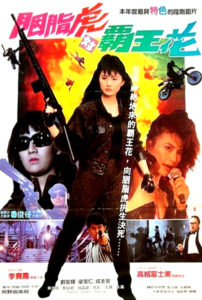



12 Comments